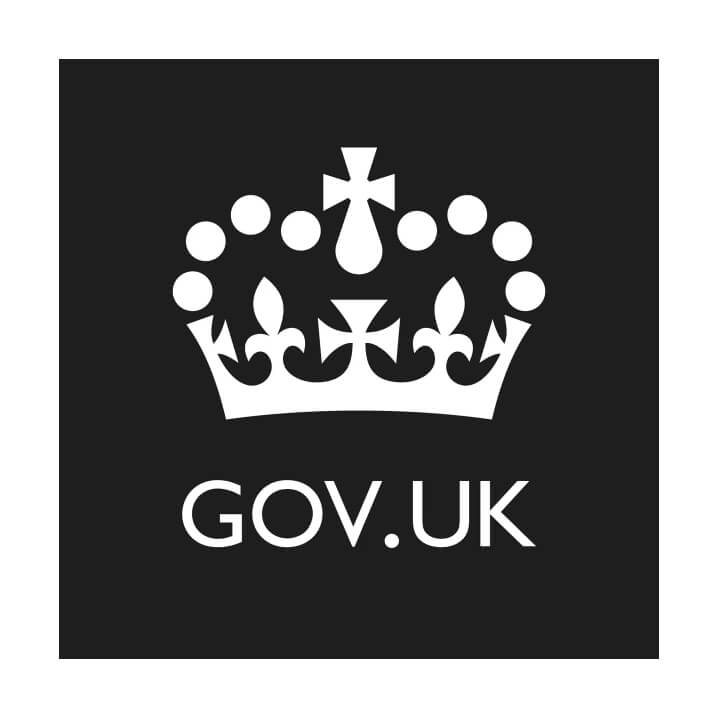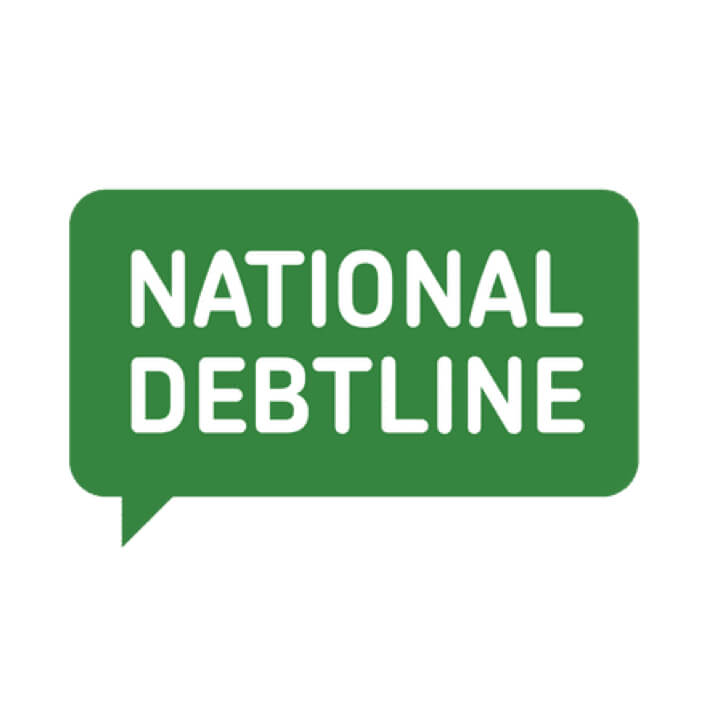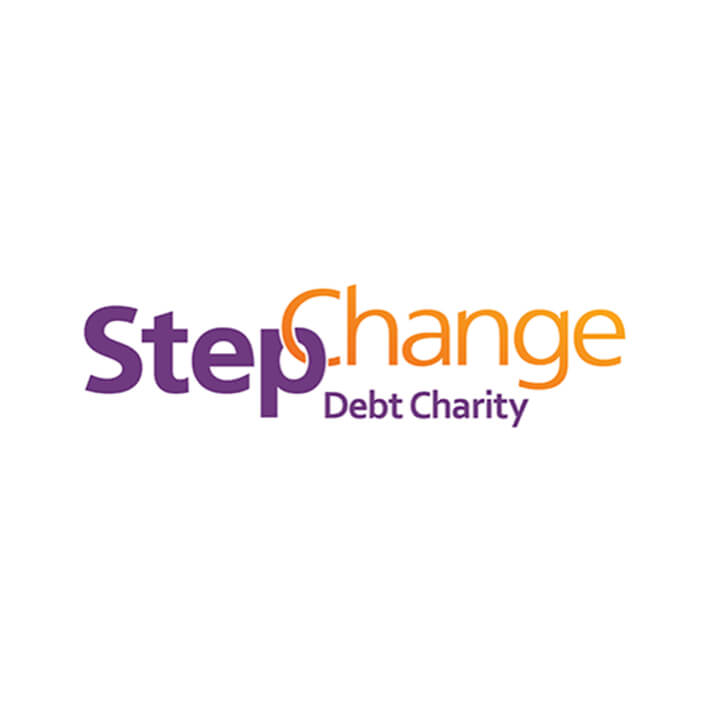Make sense of your money
Take small, confident steps to feel more in control.
If you’re finding it harder to make ends meet, understanding your money is the first move. We’ll help you work out what’s coming in and going out, so you can make choices that work for you.
Ways to help you save
Even saving a small amount, when you can, can make a difference.

Get support if things are tough
If your money situation is causing you stress or anxiety, you don’t need to face it alone.
We can support you or help you connect with organisations that can help.
- Explore our support for managing your mortgage, rent and bills
- Free debt advice from StepChange and Citizens Advice
- Free, confidential emotional support from Mind or SAMH



















